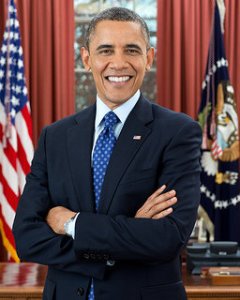Maybe Arizona’s queen of voter suppression, Secretary of State Michele Reagan, should pick up the phone and call her counterparts in Oregon and California to learn more about what a secretary of state who actually wants to increase voter participation in elections does to make it happen.
Think Progress reports, One Simple Change Could Drastically Improve Voter Turnout In California:
 As soon as this week, the California Senate could pass a bill to address its dismally low voter turnout by making registration automatic for the millions of residents with drivers licenses.
As soon as this week, the California Senate could pass a bill to address its dismally low voter turnout by making registration automatic for the millions of residents with drivers licenses.
Copying a landmark law passed by Oregon earlier this year, the policy would connect DMV records with voter registration rolls, putting the burden on the voter to opt-out rather than opt-in. According to California Secretary of State Alex Padilla, this could help bring the 6.6 million California citizens who are eligible but not registered to vote into the democratic process.
“We have a lot of work to do on the strength of our democracy,” Padilla told ThinkProgress. “We need to focus on the whole pipeline: both getting more currently registered people to cast ballots, and getting more eligible Californians on the voter rolls.”



